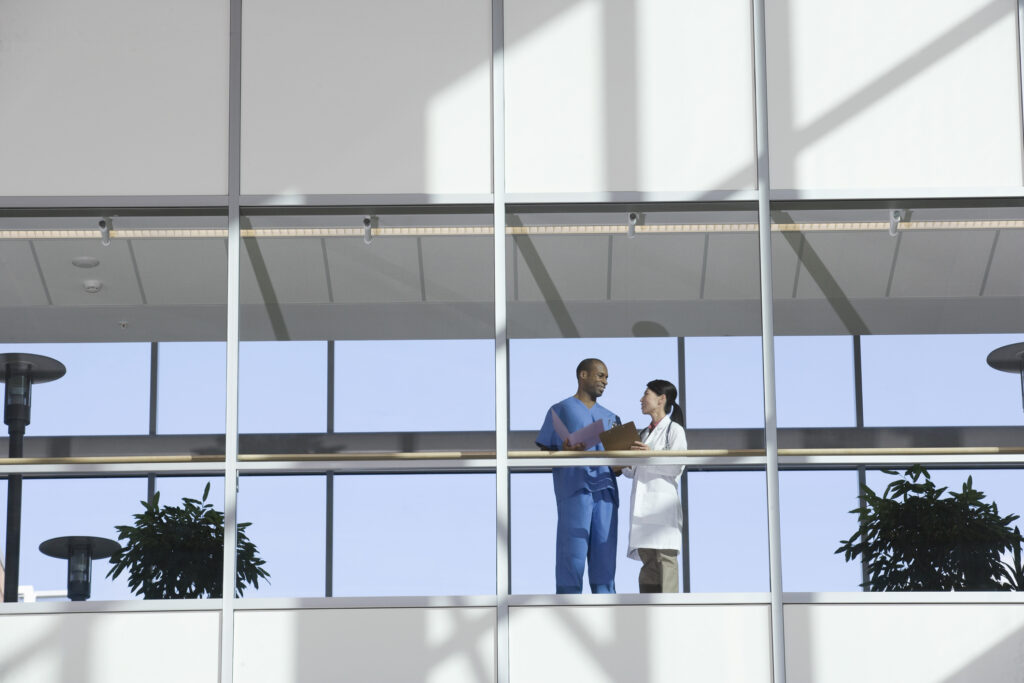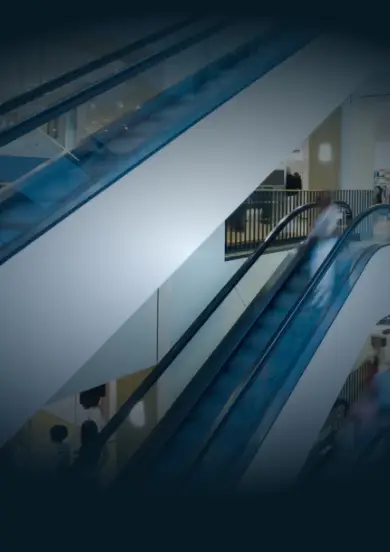In the heart of Australia’s healthcare landscape, many private hospitals face a particularly pivotal moment in their journey. Engaging with Apeiron Assets, a prominent national healthcare provider seeks to address critical challenges plaguing its operations. As the healthcare sector grapples with escalating costs and commercial uncertainty, this case study delves into the unique strategies employed to rejuvenate aging HVAC systems, enhance fire protection protocols, and optimise emergency lighting assets all whilst lowering the cost base and preserving capital for clinical expansion investment.
Background and Context
The private hospital in question, like the entire sector, operates within an environment of relentless cost pressures and evolving regulatory requirements. With a multitude of aging infrastructure components, including HVAC systems, fire protection mechanisms, and emergency lighting, the hospital is confronted with formidable challenges. These challenges not only encompass the financial burden of maintenance but also extend to soaring energy and electricity expenses.
Across the country, such predicaments are emblematic of broader systemic issues. Rising operational costs, coupled with stringent compliance requirements, have rendered many private hospitals financially vulnerable. The imperative to innovate and revitalise infrastructure has become paramount for sustainable healthcare delivery. Simultaneously, the ability to invest in new revenue generating assets is critical to maintain position in this extremely competitive sector.
- Challenges Faced
- Aging Infrastructure: The hospital grapples with outdated HVAC systems, inefficient fire protection measures, and suboptimal emergency lighting solutions. These antiquated assets not only compromise operational efficiency but also pose safety risks and regulatory / compliance exposure.
- Escalating Maintenance Costs: The ongoing upkeep of aging infrastructure components incurs significant expenses.
- Maintenance efforts are not only resource-intensive but also disrupt daily operations, impacting patient care and revenue generation.
- Energy and Electricity Usage: Inefficient HVAC systems and outdated lighting technologies contribute to exorbitant energy consumption and carbon emissions. The unnecessarily high electricity costs impact the hospital’s financial performance, hindering investment in critical healthcare assets and initiatives.
- Industry Crisis: Against the backdrop of rising costs and closures within Australia’s private healthcare sector, the hospital faces heightened pressure to optimise operations and ensure long-term viability.
Through a strategic partnership with Apeiron Assets, the private hospital embarks on a transformative journey aimed at mitigating these challenges and revitalising its infrastructure. This case study delves into the innovative solutions, collaborative strategies, and tangible outcomes achieved through this partnership, offering insights and inspiration for healthcare owners and Csuite executives navigating similar trials in the industry.
- The Solution
Facing the complex challenges of aging infrastructure and soaring operational costs, the private hospital turned to Apeiron Assets for innovative solutions. Apeiron’s strategic approach focused on conducting a comprehensive audit process across the hospital network, laying the groundwork for a robust asset management framework. Here’s how Apeiron’s solutions revitalised the hospital’s infrastructure:
- Audit Commencement: Apeiron recommended initiating the audit process at a selected facility within the hospital’s infrastructure. This targeted approach ensured a thorough assessment while minimising disruptions to ongoing operations.
- Asset Management Framework: Apeiron proposed leveraging its Asset model to establish a benchmark and manage costs over a 5-20-year cycle, aligned with the life expectancy of the replacement assets. This proactive strategy enabled the hospital to plan for asset upgrades and replacements strategically, optimising long-term operational efficiency.
- Consistency of Data: The comprehensive audit facilitated by Apeiron ensured accuracy and consistency of asset data structures. By consolidating asset information from multiple service providers, Apeiron eliminated potential inconsistencies, enabling informed decision-making.
- Audit Focus Areas: Apeiron’s audit focused on critical technical assets, including HVAC, BMCS, Fire Protection, and Electrical services. This holistic approach addressed key operational pillars, ensuring comprehensive asset assessment.
- Audit Objectives: The audit emphasised assessing asset condition, risk, and life cycle for effective long-term facility management. This strategic insight enabled the hospital to prioritise maintenance efforts and allocate resources efficiently.
Key Outcomes of the Audit Process:
- Fire Protection Equipment: The audit identified that the majority of main fire protection equipment (such as pumps, alarm panels, hydrant & sprinkler systems) were in good condition with an extended operating life expectancy of over 20 years. This ensured safety and operational effectiveness, reducing the risk of potential failures.
- End-of-Life Assets: The audit revealed over 250 critical end-of-life assets within the hospital’s infrastructure. These assets, identified based on their potential risk and impact of failure, required immediate attention. Apeiron defined critical assets as those posing significant risks to occupants, disrupting operations, and compromising safety.
- Maintenance and Contingency Planning: Apeiron stressed the importance of regular maintenance and contingency planning for critical assets. This proactive approach aimed to ensure functionality, occupant wellbeing, and mitigate risks associated with end-of-life assets.
- Energy Saving and Carbon Emissions: The ability for the upgraded assets to significantly reduce energy costs and carbon emissions, in some cases presenting savings in excess of 35% on existing installed assets. Energy savings is a substantial contributor to the operational savings delivered to the client.
- Outcomes
Apeiron Assets has crafted a transformative solution for the private hospital, addressing critical infrastructure challenges while ensuring financial sustainability, including cost reductions, and operational excellence. Here are the key points encapsulating the benefits of Apeiron’s innovative approach:
- Zero Additional Costs: Apeiron proposed an HVAC upgrade funded entirely by Apeiron, alleviating the financial burden on the hospital. This seamless transition comes at zero additional costs for the client, allowing them to apply their budget for other pressing needs.
- Strategic Funding Model: Apeiron’s investment is structured as a selfsustaining model. The capital repayment for the new chillers is sourced from substantial energy and maintenance savings, amounting to approximately $5.5 million over 10 years through reduced monthly Opex payments.
- Economically Sound Solution: By funding the HVAC upgrade, Apeiron not only ensures immediate savings but also creates a self-sustaining cycle. The investment pays for itself, making it economically viable in the long term.
- Capital Liberation: With Apeiron assuming the financial responsibility for the chillers, the hospital’s capital is liberated. This injection of funds, approximately $8.55 million in savings over 10 years, empowers the hospital to allocate resources towards urgent core business needs without compromise.
- Operational Efficiency: The new chillers not only reduce energy consumption but also enhance operational efficiency. This leads to long-term savings in both energy costs and maintenance expenses, further reinforcing the sustainability of Apeiron’’s solution.
- Carbon Emissions Reduction: As mentioned, by significantly reducing energy consumption and carbon emissions, the client can slash operational costs by over 35%. This not only translates to substantial savings but also aligns with environmental stewardship goals and contributes positively to the broader environmental landscape. Its represents a win-win scenario, fostering a healthier planet and bolstering financial viability for the client.
In summary, Apeiron Assets’ solution not only addresses immediate infrastructure needs but also lays a foundation for sustained financial health and operational excellence. The zero-cost transition, coupled with substantial savings and a self-sustaining funding model, ensures that the hospital can focus on delivering highquality healthcare without financial constraints.






